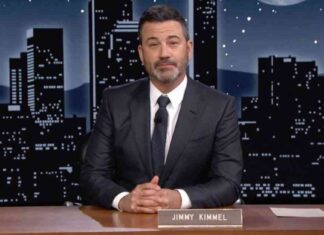He was the nugget of Israeli football, even wearing the armband of the Espoirs team, but he decided this summer to represent Palestine. He recently spoke about this political decision.
An Israeli football prodigy caused a sensation by changing his sporting nationality to represent the Palestine team. Ataa Jaber nevertheless represented Israel in the youth categories until becoming captain of the Espoirs selection in 2015, and he even spent his entire career in the Israeli championship. He was the first Arab captain of an Israeli team. But this summer, he chose, for political reasons that he developed in an interview, to represent Palestine. He therefore made his debut in his new colors during a friendly match against Indonesia on June 14.
Ataa Jaber actually began the process of changing his sporting nationality almost two years ago, but he has only just obtained the necessary documents issued by the Palestinian Authority. In a recent interview with Arab News, he explains what motivated his decision: “After what happened in Sheikh Jarrah, I realized that it was impossible to separate politics from sport.” This neighborhood of Jerusalem has been marked by violent clashes, which have left hundreds injured since 2021, between Palestinian residents and the Israeli army, following the evictions of dozens of Arab families.
Ataa Jaber now plays for the Neftchi Baku club in Azerbaijan’s first division, his first experience abroad. When asked why this change of sporting nationality, he confided: “Firstly because I am Palestinian, secondly because I have the possibility and finally, thirdly, in order to send a message to the players on the other side from the Green Line, to tell them that this choice is possible for them too. Palestinian players inside the Green Line fear making such a decision that would harm their sources of income, especially when they cannot play the foreigner like me. There are obstacles, but for the one who decides and who wants to play for Palestine, his journey will be easier.”
The one who was trained at Maccabi Haifa since he was 6 years old, however, said, during a press conference in 2015 and while he was playing for the Israel team: “I don’t think we should mix politics and sport and I hope that when there is truly peace we will only talk about sport”. In his interview for Arab News, he explains this year that he emancipated himself from this idea: “In Israel, we raise Arab players in the narrative that sport should not be mixed with politics, that we represents his community, that we will have a voice and that we do not have to sing the Israeli anthem. At a time when tensions are at their peak after the terrorist actions carried out by Hamas and the reprisals on Gaza carried out by the State of Israel, this testimony underlines the complexity of identities and personal situations, including in sport, in middle of this armed conflict.








